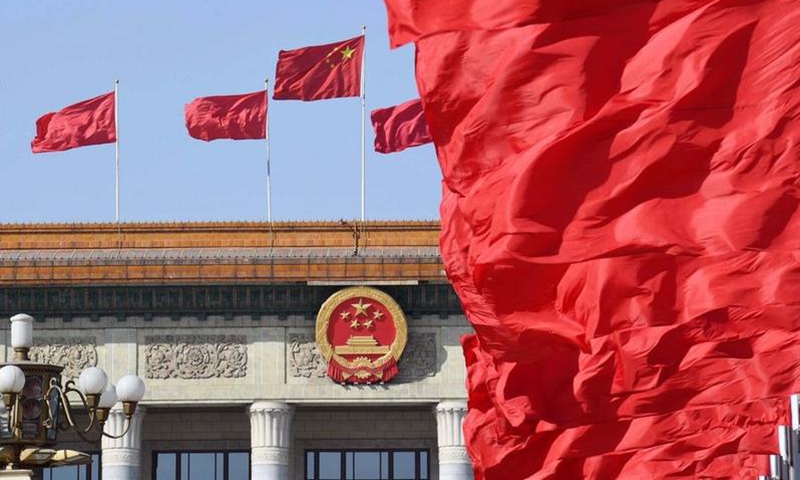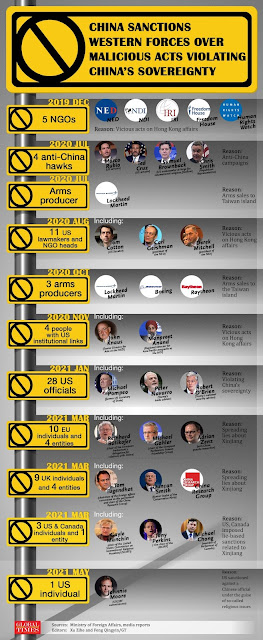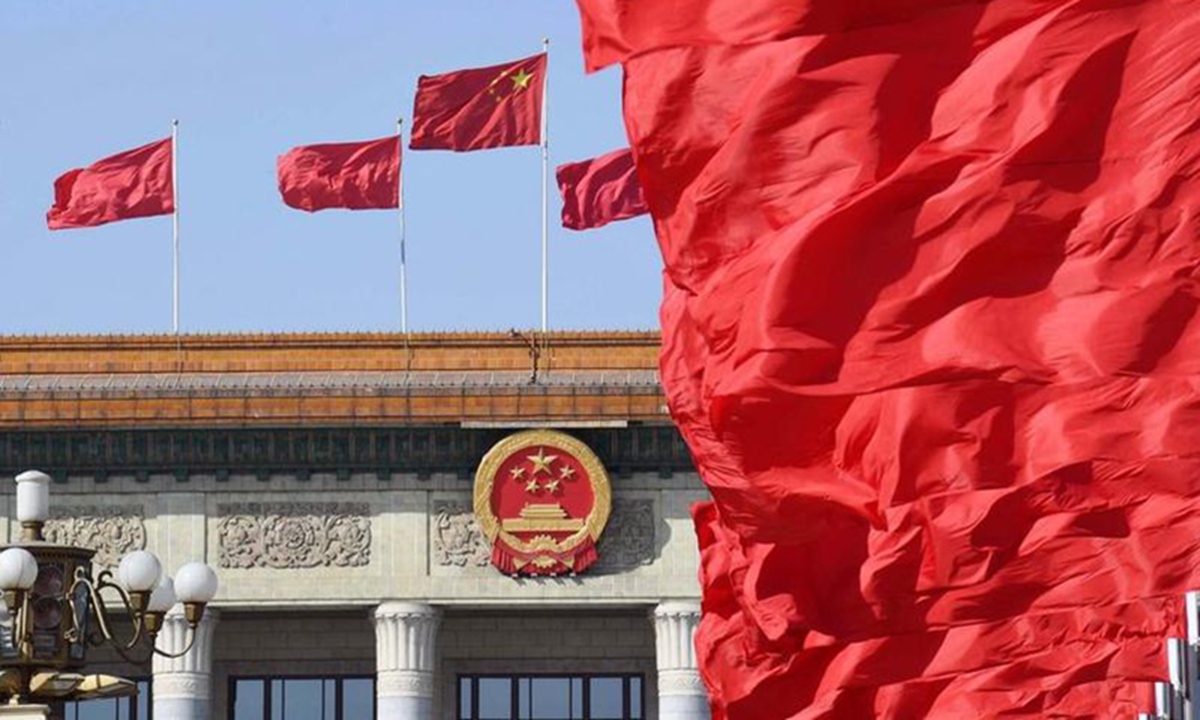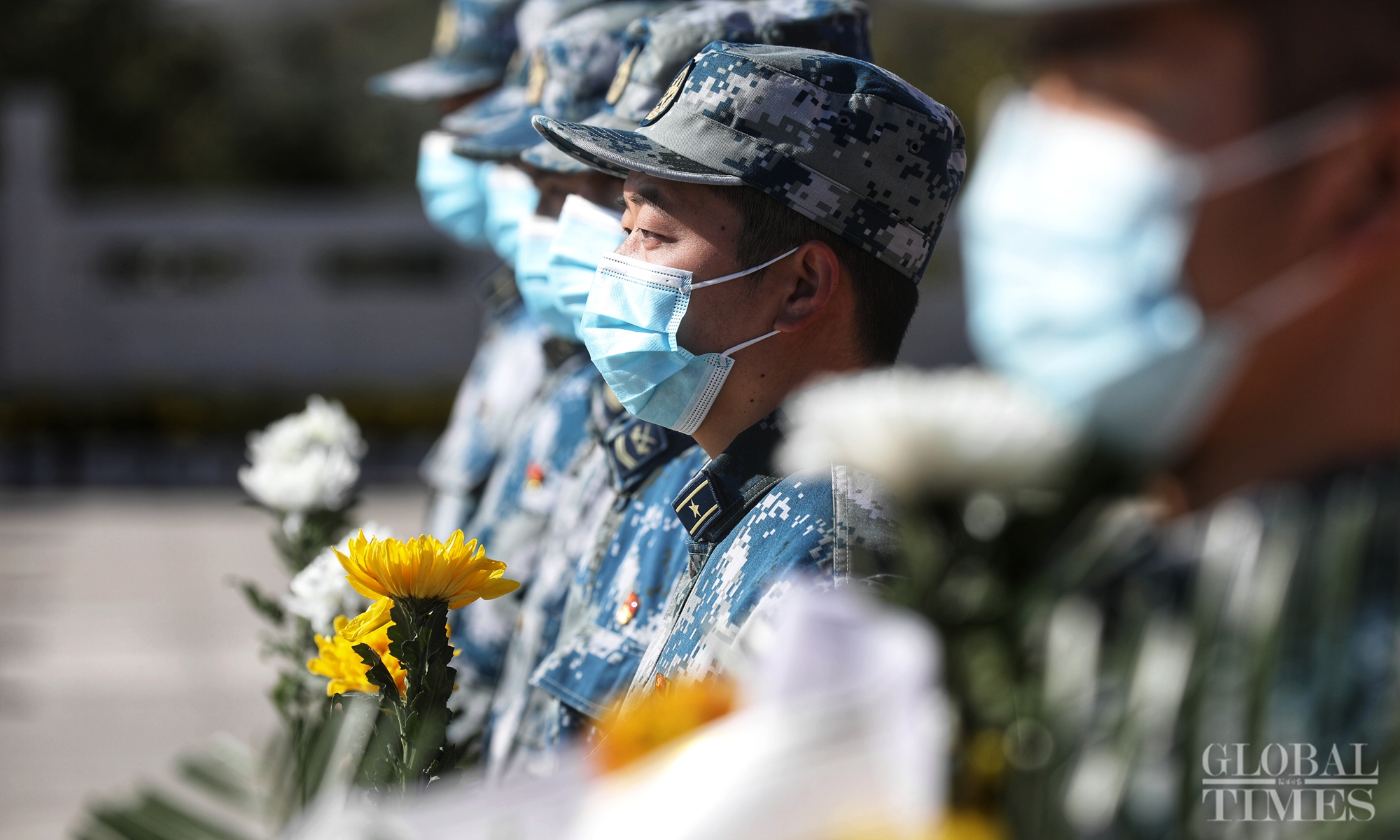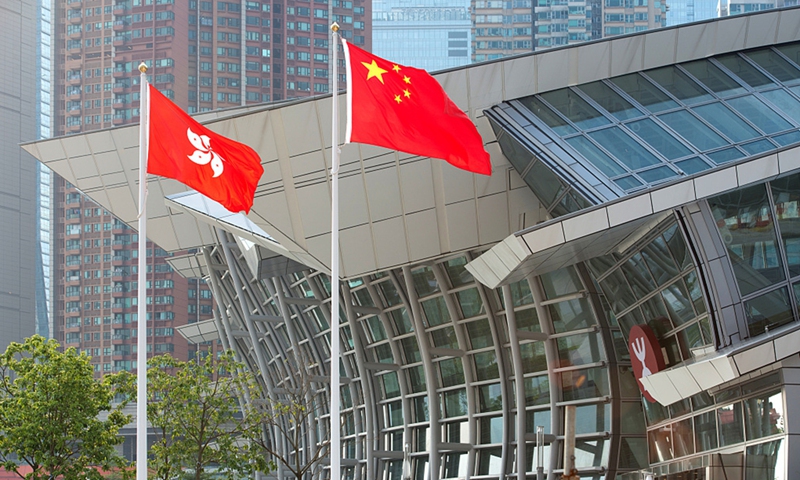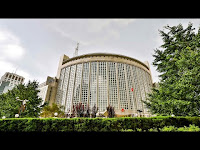
Working more than 55 hours a week is killing us through ischaemic heart disease and stroke.
THE Japanese call it karoshi or “death by overwork”.
The signs: a sudden stress-induced heart attack, stroke or extreme mental pressure leading to suicide.
After World War II, the Japanese struggled to cope with defeat and an insecure future, so they threw themselves into work, determined to advance economically and fuelled by an ingrained culture where collectivism is valued above individualism.
Annually, thousands of Japanese workers die from karoshi, but in recent years, China has overtaken Japan with an estimated 600,000 deaths from overworking in 2016.
A large number of deaths in China are coming from industries such as media, advertising, medical care and information technology.
With the Covid-19 pandemic, more people are working from home (WFH) and feeling the strain of being forced to take on additional work.
As businesses cut costs and struggle to stay afloat, it translates to more work and longer working hours for employees still on the payroll.
For some, it is either do the job or get the boot.
This certainly doesn’t bode well for our health.
In fact, even before the pandemic, a 2019 AIA Vitality survey revealed that workers in Malaysia are often overworked and sleep deprived, with 51% suffering from at least one dimension of work-related stress and 53% getting less than seven hours of sleep in a 24-hour period.
It was also reported that Malaysia had experienced a three-fold increase in mental health problems over the past two decades.
According to the latest estimates by the World Health Organization (WHO) and the International Labour Organization (ILO) published in the journal Environment International last month, long working hours led to 398,000 deaths from stroke and 347,000 deaths from ischaemic heart disease in 2016 – a 29% increase since 2000.
Most of the deaths recorded were among people living in the Western Pacific and South-East Asia regions, who had worked for 55 hours or more per week, when they were between the ages of 45 and 74 years.

Young and otherwise healthy people can be struck by a stroke due to long-term unbalanced lifestyles and stress. — 123rf.com Just because bosses send messages throughout the night doesn’t mean they expect you to respond or react immediately, says Dr Yong. — AFP
The heart has its limits
James (not his real name), a marketing director of a multinational company, had been WFH and logging in at least 60 hours of work weekly, including on weekends, ever since the pandemic began.
At 51, the father of two teenagers eats healthy, rarely gets sick, enjoys the occasional drink and lets off steam by waking up at 4.30am to cycle or run for an hour every day.
Two months ago, he was in a virtual meeting when he started sweating profusely and felt pain radiating down his left arm.
As it was an important meeting, he ignored the symptoms, which eventually disappeared.
He continued cycling the next morning without any problem.
“But the pain returned a week later, and this time, it was accompanied by chest discomfort and dizziness.
“My wife drove me to the hospital, and after doing some scans, I was told I had a heart attack, with three blocked arteries,” he recalls, still in disbelief.
James’ wife broke down. She had been telling him to slow down, but he wouldn’t listen, continuing to work and exercise hard.
He had to have two stents inserted to open up his arteries.
“Prior to that, I hadn’t taken leave in a year. These days, I’ve learnt to switch off and no longer answer calls after 6pm.
“The cycling has been replaced with meditation and long walks,” he shares.
It’s quite an adjustment to make, but work is no longer his number one priority.
Says consultant cardiologist Dr Kannan Pasamanickam: “All of us are guilty of overworking – yours truly included!
“We have to remind ourselves that we cannot take health for granted; if you become ill, you may never be able to work again.”
Many patients shun hospitals during this pandemic as they fear running an increased risk of contracting Covid-19.
However, this might result in them delaying getting much-needed treatment – James was lucky that his first episode was not fatal.
Signs of a unhealthy heart include increased breathlessness; getting tired more quickly during physical exertion; chest/jaw/upper abdominal/arm pains brought on by exertion and relieved by rest; leg swelling (although this can be due to several other causes as well); breathlessness when lying flat in bed; and unusual palpitations, among others.
“Do annual medical exams, especially when you cross the golden age of 40, or start younger if you have a family history of vascular disease,”advises Dr Kannan.
If you’re living alone and experience a heart attack, he suggests that after calling for help immediately, take one tablet of aspirin straight away (barring an aspirin allergy), keep calm, remain seated (preferably on a sofa) and wait for help.
“If you feel like fainting, start coughing.
“If the heart stops because of sudden, irregular beating of the heart called ventricular fibrillation or tachycardia, which can occur soon after a heart attack, or the blood pressure becomes very low, coughing can maintain an adequate blood pressure until help arrives,” he says.
A stroke in time
We often think that stroke only strikes old people and those with uncontrolled high blood pressure,but these are myths.
Stress has been identified as the most important causative factor for a stroke or so-called “brain attack”.
The warning sign of an imminent stroke is a transient ischaemic attack (TIA), also known as a mini stroke.
This can happen up to seven days before the actual stroke and last up to five minutes or so. Consultant neurosurgeon Datuk Dr Kantha Rasalingam explains: “There could be sudden numbness or weakness in the face, arm or leg, especially on one side of the body.
“Individuals may also experience sudden double vision, confusion, inability to talk or understand things, instability when walking, and problems with balance or coordination.
“The key term here is ‘sudden onset of any neurological deficit’. “If you recover within a few minutes, it is a warning sign of TIA. If it persists, then it is a stroke.”
Some healthy individuals in the 18-49 age group – males, in particular – are being struck by strokes as a result of unbalanced lifestyles and stress.
“This is quite sad. If you push the boundaries and the body becomes exhausted, there is a possibility of getting a stroke.
“It’s a wake-up call for everybody,” remarks Dr Kantha. He shares the case of a 41-yearold lady who came into his clinic last week as she had experienced sudden right-sided upper and lower limb weakness.
An MRI (magnetic resonance imaging) of the brain showed a left-sided cerebrovascular accident (i.e. stroke).
Her husband was devastated, angry and blamed her employer.
Dr Kantha elaborates: “The husband said his wife was WFH more than normal the last month as her boss was asking her to do more work or else she would be retrenched like her other colleagues.
“Stressed, she tried her best to keep up, and a few days ago, while going out to buy food, she passed out in the car.”
Unfortunately, she sought treatment too late and there wasn’t much the doctor could do as the brain cells controlling her right side were already dead.
“I don’t think she will be able to go back to work unless she drastically improves,” he says.
“But work should be the least of her priorities as she has a six-yearold daughter.
“Often, people just dismiss the weakness and wait till it’s very late to seek treatment.
“Some go to smaller clinics, then smaller hospitals, and by the time they come to a bigger hospital, time has lapsed and we can’t do much.
“If a patient comes in early (within six hours of the onset of symptoms), we can do interventional therapy, e.g. embolism to break the clot.”
He adds that a useful acronym to remember is FAST: if you experience a Facial droop, Arm weakness and Speech difficulty, it’s Time to call for help.
Note these symptoms
If you’re working long hours, it usually also means a more sedentary lifestyle, and reduced physical activity is a risk factor to getting a stroke.
Look out for symptoms such as a lack of concentration at work, lack of energy, irritability, forgetfulness and poor sleep.
Says consultant neurologist Dr Kok Chin Yong: “These symptoms are easily overlooked and frequently attributed to other factors.
“In fact, these symptoms may be correlated with each other to form a vicious cycle and may lead to depression and anxiety.
“Individuals should get medical help when the above symptoms start to disrupt daily activities, such as personal relationships or work.
“If we can prevent these symptoms from getting worse, we can prevent heart attacks and strokes.”
To address being overworked, he recommends following “SEMMS”.
“Sleep is key; Exercise regularly at least 40 minutes three times a week; practise Meditation, which has been proven to reduce the relapse rate in both depression and addiction; adopt a combination of the Mediterranean and DASH diets for neurodegenerative delay, consisting of green, leafy vegetables, whole grains, berries, olive oil, poultry and fish; and be Socially active,” he says.
Dealing with bosses
The Malaysian Employment Act defines the work week as 48 hours, with a maximum of eight working hours per day and six working days per week.
But many employers blatantly disregard these guidelines.
How can we deal with unreasonable employers and maintain sanity while WFH?
Clinical psychologist Dr Lynne Yong says: “Discuss with the human resources (HR) people on what your job scope really encompasses and know your rights.
“There are laws to protect employees against exploitation
“However, the first step would be to ask yourself if you are overthinking your employer’s expectations.”
While some employers might be demanding, they can also be reasonable.
She says: “Just because bosses send messages throughout the night doesn’t mean they expect you to answer immediately.
“Because of these uncertain times, people tend to see things in black and white, but the reality is more nuanced than they think.”
The president of the Malaysian Society of Clinical Psychology suggests these steps to help manage your workload:
> Are you looking at your job situation clearly and objectively? > Is it the bosses’ expectations or your own interpretation of your bosses’ expectations?
> If the boss is really unreasonable, can you discuss the issue with HR?
> Turn off notifications at a reasonable hour, perhaps two or three hours before bedtime.
Fellow clinical psychologist Prof Dr Alvin Ng Lai Oon adds that another helpful way is to affirm that you will be willing to do the expected task, but bring up problems at home that would need some mutual problem-solving between the boss and you.
“Say something like ‘Sure, boss, I can do that. But if I do, then there’s this other thing that becomes a problem, which I’m afraid would continue to persist if I do the task you just gave me.
“‘I’m concerned that this problem would affect my productivity in the long run. So, how?’” he suggests
Source link
















